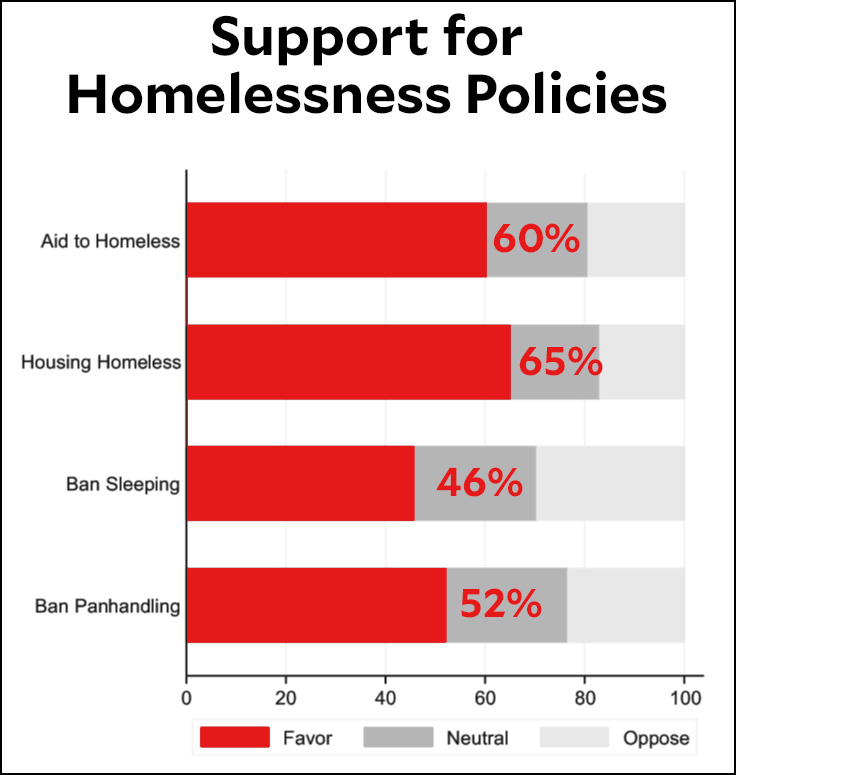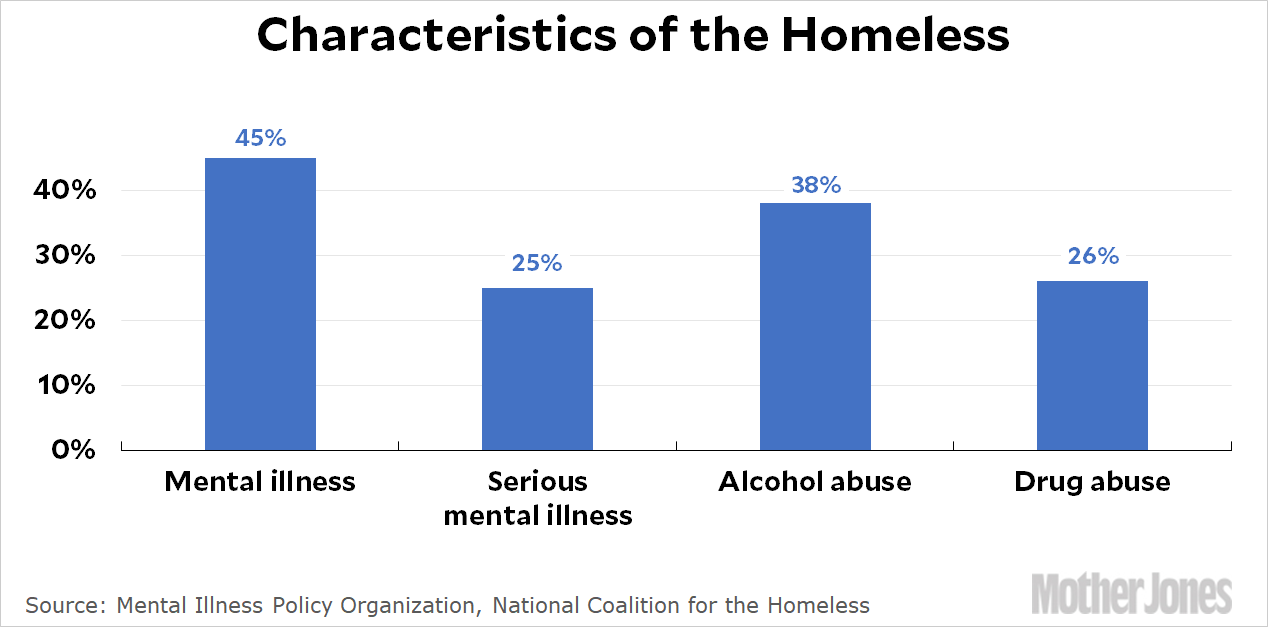Los Angeles has a big homelessness problem, but last year voters approved a sales tax increase to fund shelters and other programs for the homeless. The funding amounts to about a quarter billion dollars per year, and the city recently decided to build a new shelter on a city-owned lot in Koreatown:
The decision to put the shelter near the corner of Wilshire Boulevard and Vermont Avenue, in the heart of Koreatown and within a short distance from several schools, has led to overwhelming opposition from residents and business owners that has caught city and community leaders by surprise.
….Chan Yong Jeong, a Koreatown attorney, said he has filed a public records request for analyses, reports and email correspondence within City Hall regarding the shelter and its location. He said he and others feared the shelter will result in a surge of homeless individuals who can’t all be accommodated by the 65 beds in what is a busy corridor central to Koreatown where schoolchildren often pass….“This spot is the wrong place,” said Jeong, who passed out thousands of fliers urging residents to come out to a Saturday afternoon protest.
Were city leaders really caught by surprise? If so, they should resign en masse on grounds of having IQs too low to qualify for public service.
After all, this happens every time. Shelters are always “in the wrong place.” Granted, I’m more attuned to this than usual since it’s happening right now in Orange County in rather spectacular fashion, but there’s nothing especially unique about middle-class Orange Countians not wanting homeless shelters anywhere near their children. It’s true everywhere. How could city leaders in LA possibly have been surprised by opposition to their plan?
I continue to think about that op-ed last year from a couple of researchers who discovered the following “strange pattern” of support for aid to the homeless combined with support for policies that hurt the homeless:

After pondering these results, they conclude delicately that “While most of the public wants to help homeless people, sensitivity to disgust drives many of these same people to support policies that facilitate physical distance from homeless people.”
I remember that my initial reaction to this was that only a liberal could possibly be—or claim to be—surprised by this. Most people want to help the homeless in the abstract because they aren’t callous assholes. At the same time, most people also don’t want the homeless anywhere nearby. They might feel guilty for feeling this way, but nonetheless they’re queasy about personal contact with people who appear to be dirty, possibly mentally ill, possibly addicted to drugs or alcohol, and often accosting them for spare change.

For anyone with any experience of the real world, this queasiness is the least surprising thing imaginable. The reason I’m bringing it up again is that unless we’re willing to be fairly forthright about this, we’ll never make much headway on helping the homeless. We’ll just go through this same charade over and over and over.
I don’t know what the solution is, but surely it starts with at least being reality-based about how people feel toward the homeless? One way or another, any homelessness program will have to alleviate the distaste most people have toward being around the homeless. Or it will have to adapt the way it builds shelters to ensure that the surrounding area doesn’t become a magnet for panhandling. Or it will have to accept that homeless shelters need to be sited away from middle-class homes. Or city leaders will simply have to bull their way ahead and ignore the opposition.
Or something. But pretending that these attitudes don’t exist is the height of foolishness. Ditto for trying to guilt people into feeling differently. If we’re going to help the homeless, we have to accept reality first and then go from there.


















